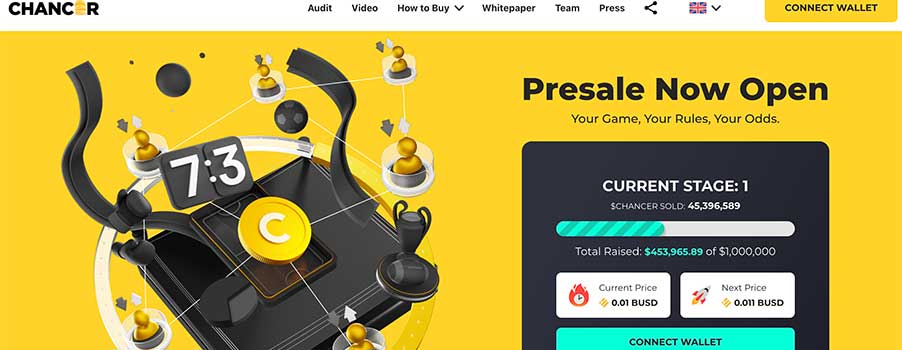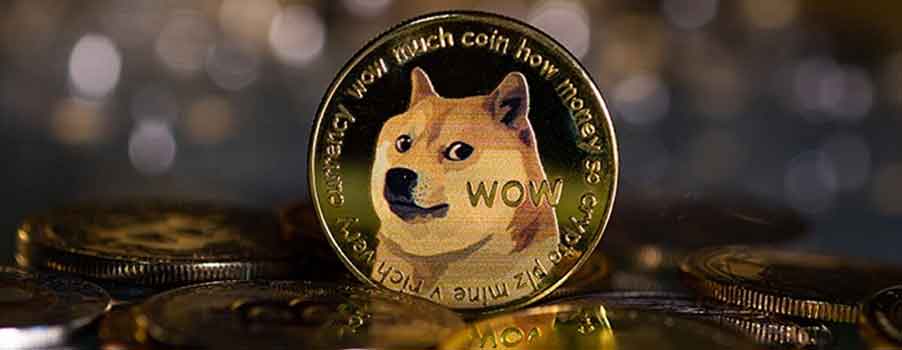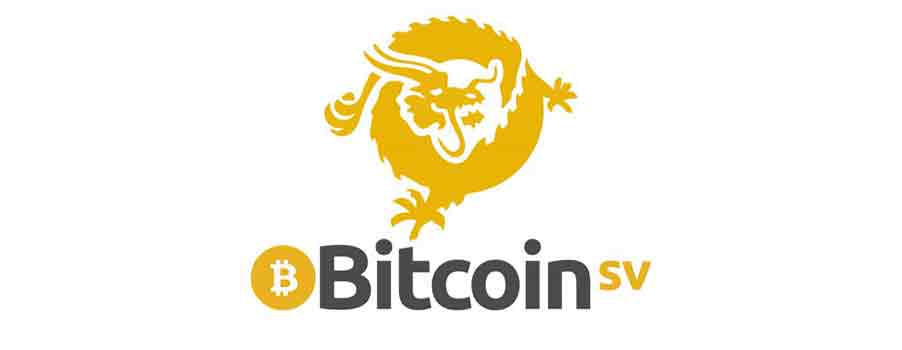The huge hype about the Chancer presage is sure to astound crypto gamers. Over 38 million tokens were snapped up in a couple of days, making this token sale a phenomenon in the world of online gambling.
So, what exactly is the big deal?
Chancer is not your average gambling website. It is aimed at being a game-changer in the world of online gambling since it promises to revolutionize the way we wager.
Chancer is built on a foundation of decentralization. In their place, a system that puts power back in the hands of gamblers like us will rise to prominence. Chancer provides a platform for personalized staking and payouts based on smart contracts, which together provide for an exciting and interactive social setting.
Chancer is unique since it proposes a decentralized prediction market. By using blockchain technology, Chancer removes the opaqueness and lack of confidence associated with conventional centralized bookies. Every one of us has the option to set personal prediction markets, where we can place wagers on everything from exciting sporting events to casual wagers with our friends and family.
There is more, however. You may use the P2P Chancer platform for either entertainment or to earn money. It guarantees a safe and entertaining betting experience thanks to thorough auditing and compatibility with Google’s WebRTC.
The Chancer Token
The Chancer token is at the center of all these plans. To participate in the platform’s prediction market and make bets, one needs to get this token. It functions as the de facto standard currency, making it possible to do business in a streamlined and effective manner. And the greatest thing is… At its current presale price of $0.01, the Chancer token presents an exciting opportunity for early investors.
The beta release of Chancer is expected in the third quarter of 2023, although the development process will continue beyond that point. The roadmap shows that work is continuing on product development with the end goal of implementing Filecoin data storage, introducing quadratic governance, and reaching complete decentralization. The gaming business might see dramatic changes thanks to this ambitious endeavor, and those who get in early could be on the cutting edge of these changes.
The overall direction of the Chancer roadmap indicates that significant progress will be made on the project. Boosted investor sentiment and token demand might set off a positive trend that lines up with the market’s expectations for a rising price cycle.










